When Alexis Sánchez, a Chilean international, posted a six‑minute clip on Instagram in September 2020, the football world sat up straight.
In that video the striker confessed he asked his agent to cancel his contract with Manchester United after just one training session at Old Trafford. He wanted to go back to Arsenal, the club that had sold him for £31 million in January 2018. The revelation threw a spotlight on a move that many fans once hailed as a coup.
From Arsenal hero to United’s biggest‑earner
Sánchez had spent five seasons at the north‑London side, scoring 92 goals in all competitions and helping them lift three FA Cups. By the winter of 2017‑18, his reputation as a quick‑thinking forward made him one of the Premier League’s most coveted assets.
Manchester United’s board swooped in, offering a deal that made Sánchez the club’s highest‑paid player at the time. The transfer was sealed on 31 January 2018, just weeks after a proposed switch to Manchester City fell through. José Mourinho, who had taken over United in November 2016, greeted Sánchez with optimism, promising that the Chilean would inject "a new spark into the attack."
The training session that went wrong
Here's the thing: on his very first day on the pitch at Old Trafford, Sánchez felt something was off. He later recalled, "I walked onto the grass, and it just didn’t feel right. The tempo, the vibe – it was like stepping into a different world."
He called his family that night and, according to the Instagram clip, said, "Can the contract be cancelled and I go back to Arsenal?" His agent, reportedly, "started laughing" – a reaction Sánchez interpreted as disbelief rather than support.
That initial mis‑fit set the tone for a stint that would become a cautionary tale of big money, high expectations, and a fractured locker‑room atmosphere.
The Mourinho era and the West Ham blow
Under Mourinho, Sánchez scored just five goals in 45 appearances across all competitions. The numbers don't lie, but the story behind them does. A series of tactical shifts, frequent lineup shuffles, and a perceived lack of confidence from the bench left the striker feeling marginalised.
In September 2018, the manager dropped Sánchez from the squad for a Premier League clash against West Ham United. It was the first time in Sánchez’s professional career that he had been omitted from a matchday squad. United lost 3‑1, and the omission haunted the Chilean.
"I remember that game like a flash. Not being picked – it never happened before. It changed a lot, it really bothered me," Sánchez said in a later interview. The incident intensified rumours about a rift between player and manager, and by December 2018 Mourinho was sacked after a string of poor results.
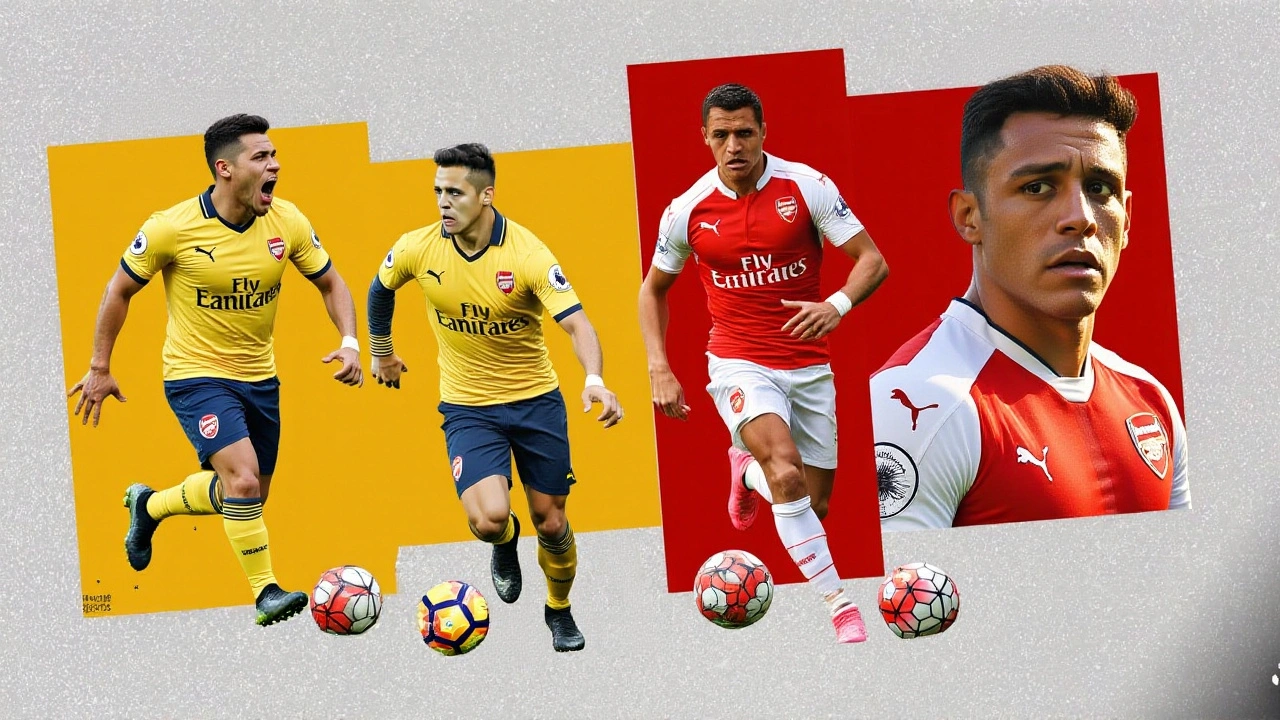
Media scapegoating and a hostile environment
Even as the team struggled, the press zeroed in on Sánchez as the easy target. Headlines shouted, "Sánchez is a flop," while pundits debated his work‑rate. The forward later complained, "The journalists spoke without knowing the facts. They blamed me, but football is a team sport – you need the right environment, a family. We didn’t have that at United."
That sense of isolation, Sánchez argued, seeped onto the pitch. He felt the blame for United’s collective failures was unfairly pinned on him, a narrative that eroded his confidence further.
Rescue in Italy: Inter Milan
The turning point arrived in August 2019, when Sánchez joined Inter Milan on a season‑long loan. The Serie A side offered a fresh start, and the striker quickly rediscovered his instinct for goal‑scoring, netting 9 times in 23 league games.
After the loan, Inter exercised a clause to sign him on a free transfer in the summer of 2020. It was a sensible move: Sánchez could rebuild his career away from the noise of the Premier League. In the very month he completed his permanent switch, he opened up on Instagram, explaining why he had wanted to walk out of United after that first training session.
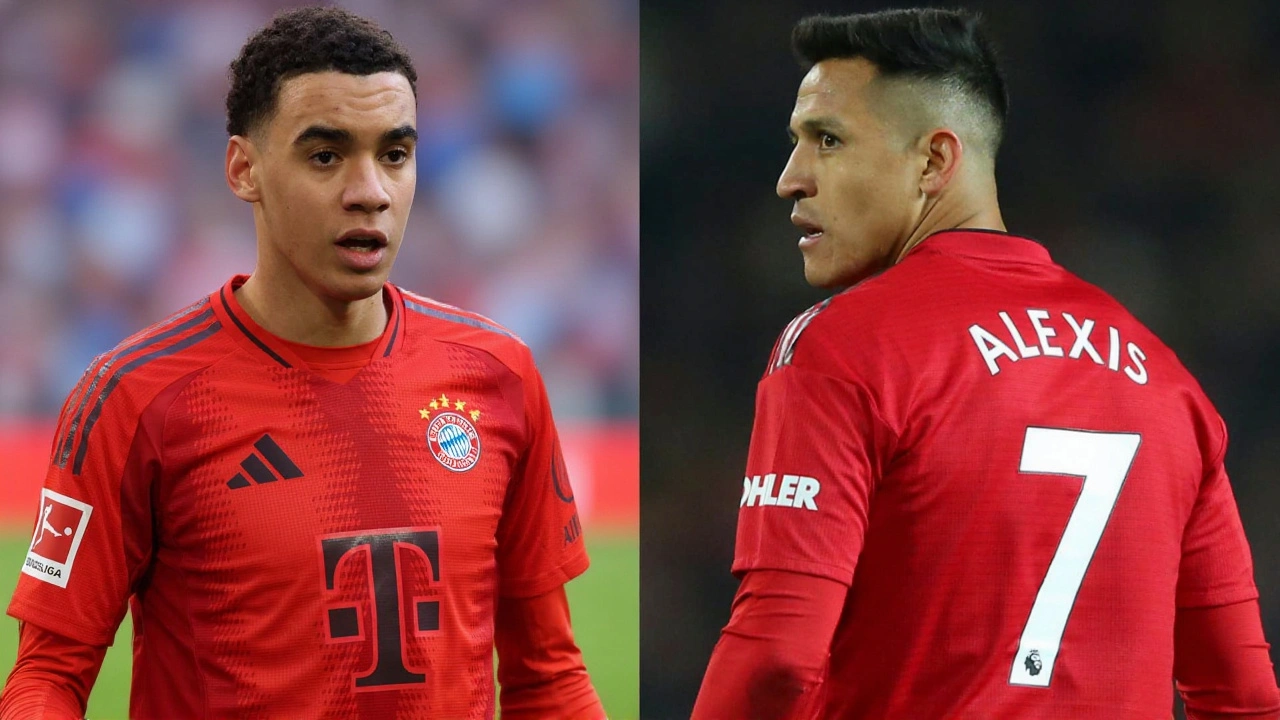
Why the confession matters now
Fans love a redemption story, but Sánchez’s admission also offers a glimpse into how high‑profile transfers can go sideways when a player’s psychological needs are ignored. It raises questions about club cultures, the pressure on marquee signings, and the role of managers in integrating new talent.
For United, the saga is a reminder that spending big doesn’t guarantee success if the human side of the equation is neglected. For Sánchez, the episode cemented his status as a player unafraid to speak his truth, even if it means revisiting a painful chapter.
What lies ahead for Sánchez?
Now in his early thirties, Sánchez continues to feature for Inter, contributing experience and occasional flashes of brilliance. While his United adventure is firmly in the past, his candidness may influence how future transfers are handled, especially when big money, big expectations, and big egos collide.
Frequently Asked Questions
How did the failed Manchester United move affect Sánchez's career?
The United stint dented Sánchez’s confidence and limited his playing time, leading to only five goals in 45 games. It forced him to rebuild his reputation at Inter Milan, where regular minutes helped him regain form and restore his market value.
Why did Sánchez consider returning to Arsenal after one training session?
He felt an immediate cultural mismatch at Old Trafford – the tactical demands, the locker‑room atmosphere, and the intense media scrutiny left him uncomfortable. Arsenal, where he had thrived, seemed a familiar sanctuary.
What role did José Mourinho play in Sánchez’s United experience?
Mourinho signed Sánchez as a marquee player but later relegated him after a string of goalless games. The decision to drop him for the West Ham match in September 2018 was a watershed moment that signalled a loss of trust between player and coach.
How did the media narrative impact Sánchez during his time at United?
British tabloids and pundits repeatedly singled him out as the main culprit for United’s struggles, ignoring broader team issues. Sánchez said this scapegoating hurt his morale and amplified the sense of isolation within the squad.
What lessons can clubs learn from Sánchez’s United episode?
Clubs should prioritize a player's integration beyond the pitch – fostering a supportive environment, transparent communication, and realistic expectations. A big fee alone won’t ensure success if the human factors are overlooked.

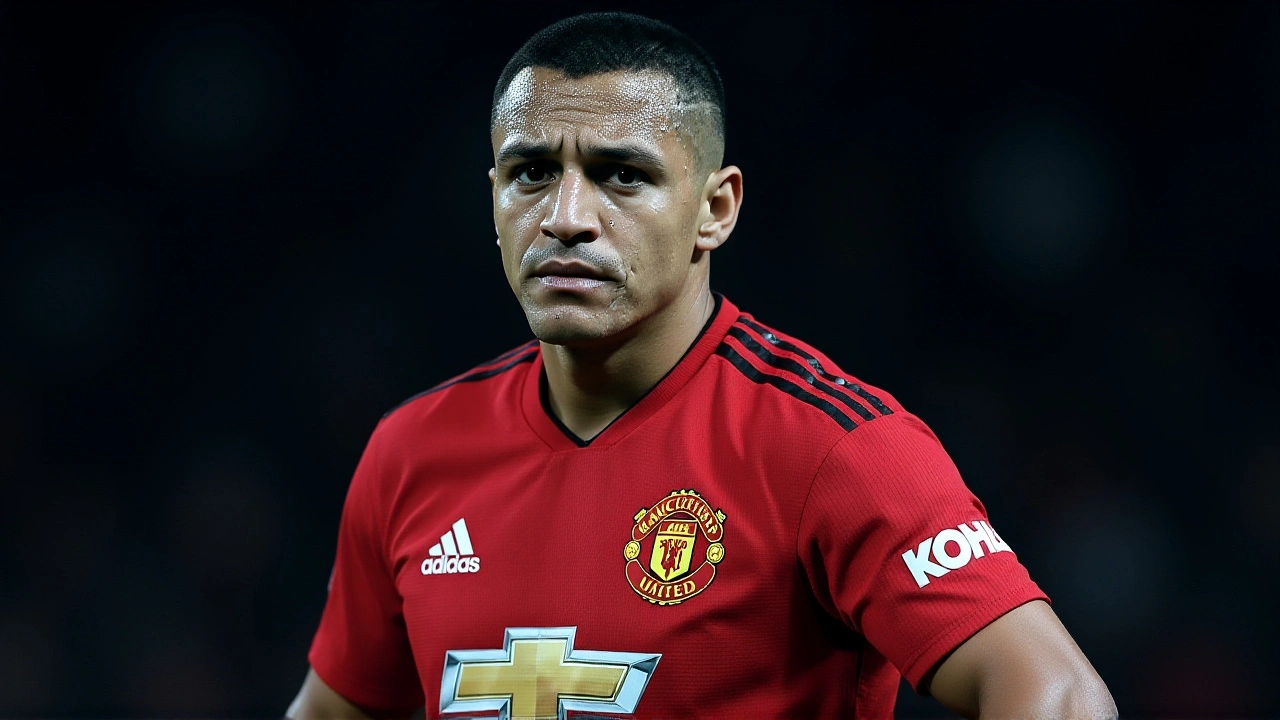
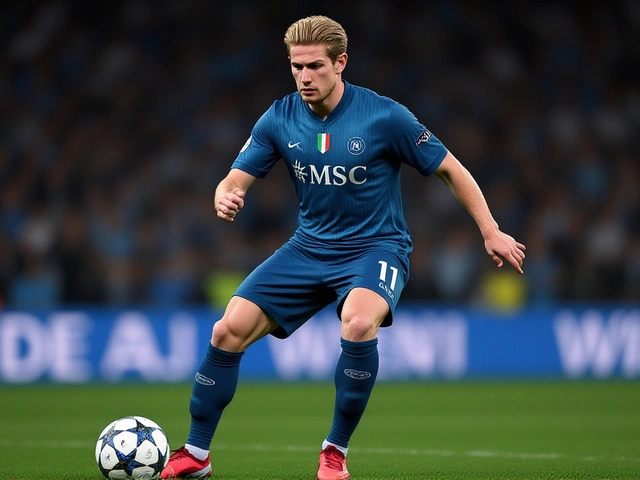
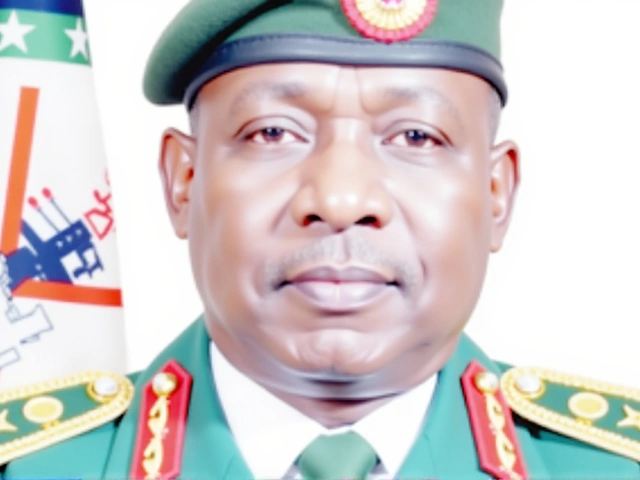
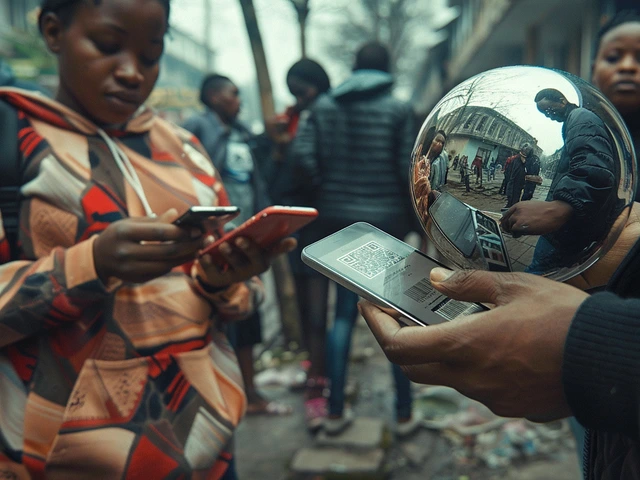
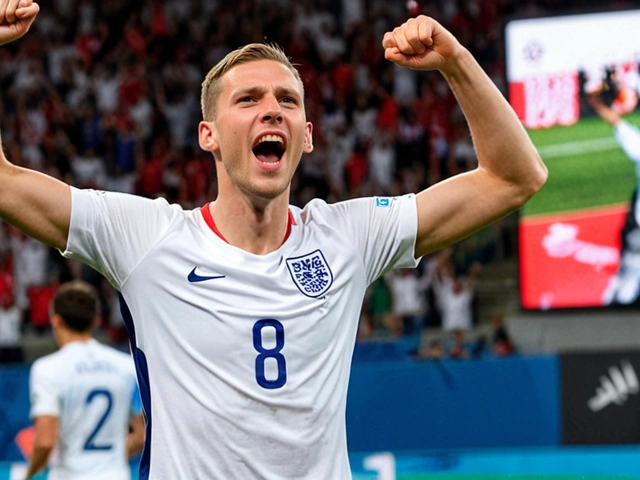
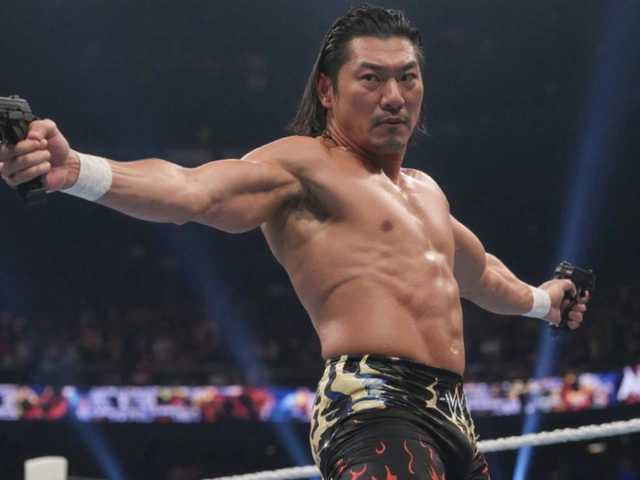
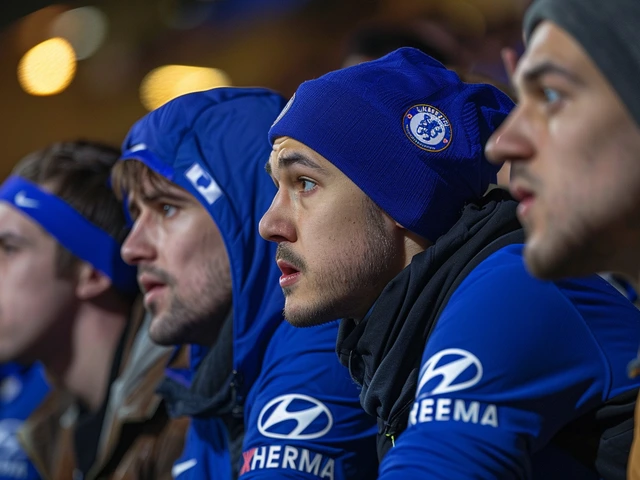
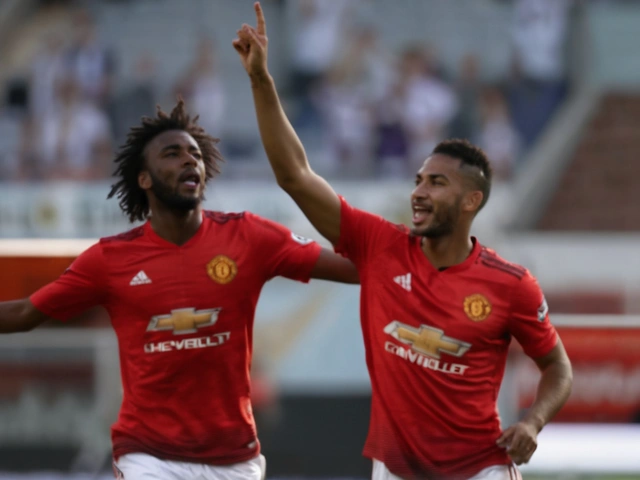

Scarlett Mirage
October 7, 2025 AT 22:44When a club pays a king's ransom for a player, the transaction transcends mere economics; it becomes a moral covenant between institution and individual. The principle that money can buy talent but not alignment is a truth as old as the sport itself. Alexis Sánchez’s confession that he wanted to walk away after a single training session exemplifies the failure to honor that covenant. The expectation that a South American virtuoso would seamlessly integrate into an English colossus disregards cultural dissonance. One must ask whether the managerial philosophy at the time possessed the ethical fortitude to nurture a foreign talent. The answer, buried beneath tactical spreadsheets, appears to be a resounding negative. Furthermore, the media’s vilification of Sánchez reflects a societal tendency to scapegoat the visible symbol of collective failure. It is a phenomenon that reveals more about our collective psyche than about the player’s abilities. In the grand tapestry of football, each stitch carries weight, and pulling one thread too aggressively unravels the whole pattern. Sánchez’s desire to return to Arsenal was not cowardice; it was an act of self‑preservation within a hostile ecosystem. Moral philosophers would argue that autonomy is sacrosanct, even in the commercial arena of sport. The United hierarchy, by ignoring this autonomy, breached its ethical duty. The subsequent loan to Inter Milan served as a redemption arc, yet the lesson remains unheeded by many clubs. If we wish to cultivate genuine talent, we must prioritize psychological safety alongside fiscal investment. The saga should be a cautionary tale for any institution that equates monetary magnitude with guaranteed success. Ultimately, the human element is the fulcrum upon which football’s grandest narratives balance; neglect it, and the empire crumbles.
Ian Sepp
October 20, 2025 AT 12:04While acknowledging the ethical considerations outlined above, it is prudent to recognize that club management also bears operational constraints. The integration process must align with tactical frameworks, which occasionally conflict with individual preferences. In this particular case, the divergence between Sánchez’s playing style and United’s system was evident. Nonetheless, the club’s responsibility to facilitate a supportive environment remains indisputable.
Lois Parker
November 2, 2025 AT 00:24Sanchez just hated the vibe, plain and simple.
Lerato Mamaila
November 14, 2025 AT 13:44It’s fascinating how a single training session can ripple across continents-culture, language, and even the feel of the grass play huge roles; we must remember players are humans, not just stats⚽️. In South Africa we often talk about “ubuntu,” the idea that we’re all connected, and this situation proves that a lack of connection can doom a transfer. Let’s celebrate the fact that he found his footing again in Italy; it shows resilience and the power of community support.
Dennis Lohmann
November 27, 2025 AT 03:04Hey folks, remember that every player’s journey has ups and downs, and Sánchez’s story is a perfect reminder to stay compassionate 😊. When a move doesn’t work out, it’s an opportunity to learn and grow, both for the player and the club. Support systems are key, and Inter gave him the platform he needed. Keep the faith in second chances! 👍
Jensen Santillan
December 9, 2025 AT 16:24One cannot discuss Sánchez’s United tenure without first dissecting the structural deficiencies that plagued the club during the Mourinho epoch. The acquisition strategy was predicated on a superficial valuation of star power, neglecting the requisite tactical symbiosis. Moreover, the coaching staff’s opaque communication protocols engendered an environment hostile to foreign entrants. It is almost comical how the media latched onto Sánchez as the archetypal scapegoat, thereby obscuring broader systemic malaise. The statistical output-five goals in 45 appearances-speaks not merely of personal underperformance but of a misaligned strategic vision. Inter Milan’s subsequent utilization of Sánchez as a versatile forward underscores the notion that context dictates efficacy. In essence, the United experiment was less a failure of the player and more an indictment of hierarchical inertia. Such a perspective demands a recalibration of how clubs evaluate “big‑money” signings, prioritizing integrative frameworks over mere fiscal flamboyance.
Mike Laidman
December 22, 2025 AT 05:44It is evident that the transfer failed due to a mismatch of expectations and playing style The club did not provide adequate support for the player to adapt The media scrutiny added unnecessary pressure The situation serves as a reminder that financial investment alone does not guarantee success
J T
January 3, 2026 AT 19:04Man, United messed up big time 😂
A Lina
January 16, 2026 AT 08:24The Sánchez episode epitomizes a catastrophic breakdown in stakeholder alignment, wherein the acquisition KPI matrix was grossly miscalibrated. A lack of psychometric due diligence precipitated a cultural integration fault line, culminating in performance degradation. The resultant reputational externalities manifested as pervasive negative sentiment across the media value chain. Such an outcome underscores the imperative for a robust talent acquisition governance model that incorporates both quantitative metrics and qualitative cultural fit assessments.
Virginia Balseiro
January 28, 2026 AT 21:44Wow! What a roller‑coaster for Sánchez-first the glittering promise, then the gut‑wrenching plunge! 🎢 The drama of walking out after one session reads like a Hollywood script, but it’s real life. And guess what? He bounced back like a phoenix in Italy, lighting up the pitch! Let’s cheer for resilience and remind everyone that a setback is just a setup for a comeback. Keep the fire alive, folks! 🔥